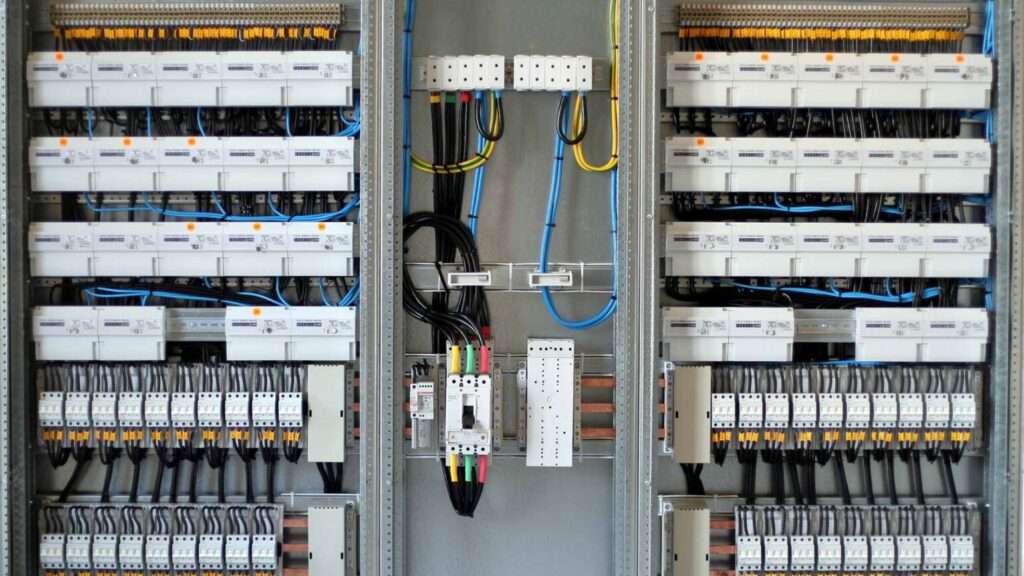Energy consumption in today’s world
Energy consumption in a business is highlighted as an increasingly important issue. With economic development, rising population and technological developments, business owners, now more than ever realise the need to reduce their energy consumption.
Energy consumption refers to all the energy used up to perform a single action. A common misconception is that by saving solely on electricity consumption one would be saving on their overall energy usage. However, energy consumption goes beyond electricity and what users pay to the utility company. It could be a different source of energy that is increasing your costs such as oil, gas and other fuel consumed in a facility in any billing period.
With this topic in mind, businesses have long started to recognise that by reducing energy consumption from various sources, they can reduce their costs in the long run. To accomplish this though, one needs a system to track changes and monitor inefficiencies over a range of equipment in their building. When businesses lack a system in place, it can be challenging to monitor these changes.
There is an easy and simple way to help a business not only reduce their energy consumption but also reduce costs, and in turn, cut down on carbon emissions. This is where a building management system (BMS) comes in. It is a system that is created to reduce resource wastage, limit inefficiencies and ultimately, save money.

How does a BMS work?
A BMS system is designed to manage the building’s environment for better comfort and also improved operations. Put simply, a BMS consists of sensors placed on the equipment one wishes to monitor, the data from the sensors is then fed into a software application. Business owners can easily access this data on their computer, tablet or mobile from the comfort of their office and even their home. The software system helps to monitor, analyse and control every aspect of energy consumption in the building.
By monitoring one’s equipment business owners can address any damages or inefficiencies promptly, without there being any need for human intervention. Let’s say a heat pump breaks down and your operation personnel have gone home for the day. Who would monitor this? The time it takes to notice that your equipment has malfunctioned would have already cost you hundreds, even thousands of euros in damages – but by having a BMS in place you are immediately notified and can address the problem right away.
One can even analyse which equipment is using up the most energy, and automations can be programmed to operate the equipment only when necessary. The list goes on as to why a BMS can be beneficial to a business. Its efficiency helps save time and provides all the information you need about your energy consumption at your fingertips, without having your employees spend time collecting information. So, with this all said – with cost savings, improved operations and a more environmentally friendly business – it is beyond shadow of doubt that one should have a BMS system installed in their building.


